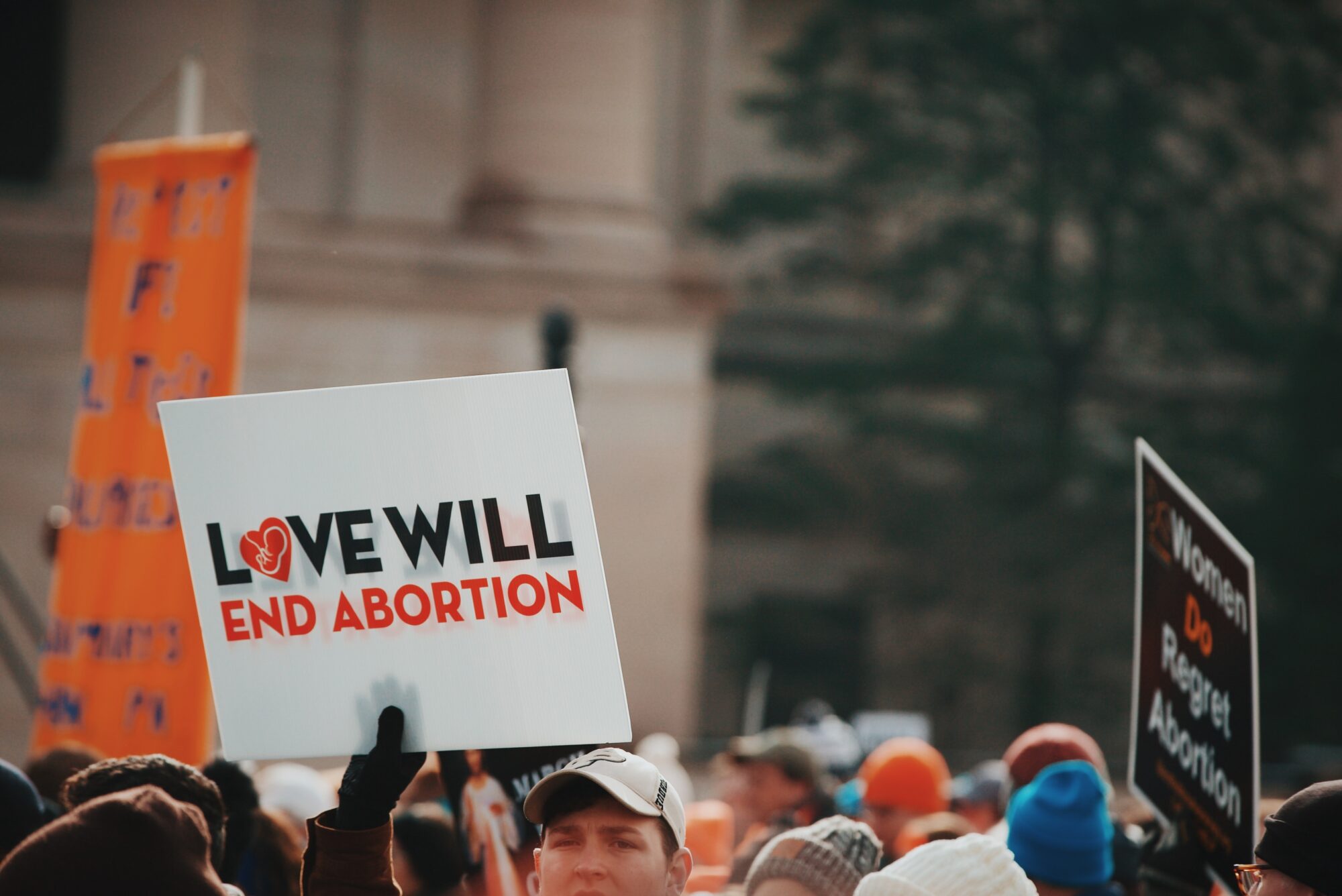
With the celebration of the birth of Jesus just around the corner, the European Conservatives and Reformists Group (ECR Group) of the EU parliament hosted a morning of reflection on the importance of making the defence of life central to public policy.
“We are here to resolve the problems that our fellow citizens have,” Javier Ortega Smith, spokesman for VOX, who opened the forum, explained. “But there are moments in which we need to stop and say ‘why and what for?’”
The Second Forum on Life held in Madrid on December 17th was one of those moments—a morning of reflection on the importance of making life itself central in public policy. The event brought together thinkers, politicians, medical professionals, and young people to discuss the challenges facing the defence of life in Europe.
The first panel addressed the question of order: how to counteract the replacement of the natural order defended by conservatives with the “disorder,” in the words of Margarita de La Pisa Carrion, MEP with the ECR group and the event’s master of ceremonies, of the progressive political agenda. Carrion asked speakers to address the contradiction between the progressive emphasis on ecology and rejection of the natural order as a guiding principle for policy, as well as how to confront the sentimentalism that has replaced intellectual inquiry and debate.
“Feelings play a role, because we can’t play just with reason,” Juan Angel Soto Gomez, director of the international area of Fundación Disenso, said. “Feelings are also often a manifestation of virtue and even Christian aspirations and here is what we can play with.”
In this sense, conservatives need to reclaim the language of ‘social justice’ invoked by the Left, Soto advised, and provide the reasoning behind the defence of human rights that the Left cannot supply. Principles such as equality are not always as obvious as they seem, and without solid, transcendent reasons to support them, cannot be defended in the long run.
“I’m waiting for the moment when we stop cold and say, ‘Why are we defending these human rights?’” he said.
When that happens, conservatives can and should be ready to give an answer.
José Luis Bazán, a lawyer specialised in international law and human rights, proposed that, at a time when the reality of the natural order and natural rights are being replaced by the progressive alternative and juridical rights, conservatives need to revive principles of family and life on new terms.
“We need to avoid using the term ‘model,’” he said, as it implies a reconfiguration of reality. “There aren’t ‘family models.’”
“We need to work on the language, and in the areas [of] family and life we have a lot of work to do,” he added. “There isn’t mother and child [as separate entities]. The child and the mother always come together. We need to save the child through the mother. We need to reincorporate the right of women to motherhood,” he added.
When speaking of the right to life, “we need to defend it as the right to exist, not just something biological,” or a question of well-being, he also explained.
Oscar Corominas, a law professor at MIT in Boston and the Universidad Rey Juan Carlos in Madrid, warned that an anthropological basis for law was being replaced by naturalism, as evidenced in draft laws that endowed ecosystems with rights or codified the crime of ‘ecocide.’ He concurred with Bazán that such unprecedented legal terms represent a departure from reality. To convince the general public that the natural order and laws based on it correspond to the desires of the human heart, conservatives need to focus on their delivery of the conservative message.
“We can help people to hear the message by the form of our discourse, by dialogue and by encounter,” he said, adding that the message must also be coupled with a coherent personal example.
The panel of four practising physicians, all from Spain, spoke of the pressure they are under from political intrusions into medicine. Spain legalised euthanasia in 2021 and the law includes the creation of a list of conscientious objectors to the practice, a move contrary to the free exercise of a doctor’s right to morally object to performing any procedure. The doctors testified that while some physicians are willing to go along with the political agenda being imposed on them, the majority are not, but often remain silent for fear of reprisal. They noted that ecology had entered into the field of medicine as well, as shown in the principle of One Health, adopted by the World Health Organization, which is defined as “an integrated, unifying approach that aims to sustainably balance and optimize the health of people, animals and ecosystems.”
“This is good,” said Maria Luisa Gonzalez, one of the physicians. “But we need an ecology where the human person is again central.”
The youth panel of college students and recent graduates spoke of the intense influence of social media on their generation and encouraged conservatives to be active in those digital networks.
“We need to make life go viral,” Bea Serrano, a recent graduate said.
The labour environment was also a deep concern of the young adults.
“There are company policies that are completely against the reconciliation of family and professional life,” lamented Jacobo Perez Soba, citing the example of companies that offer to fund egg freezing for their female employees so they can delay motherhood.
“They sell you the idea that you can’t be a mother and have a successful career,” he said, “They use this individualism to get young people to not start families. Everything is given to production.”
The event demonstrates the growing energy of the conservative and pro-life movements in Europe.
